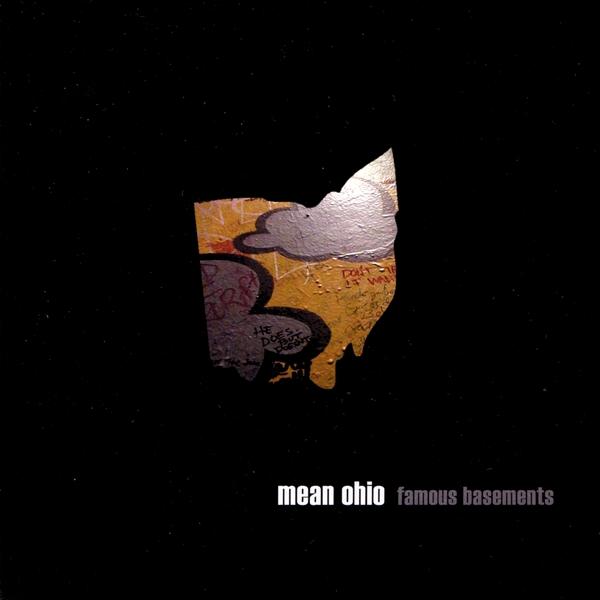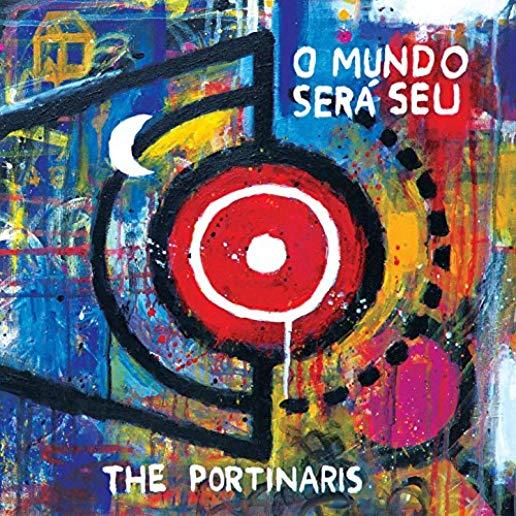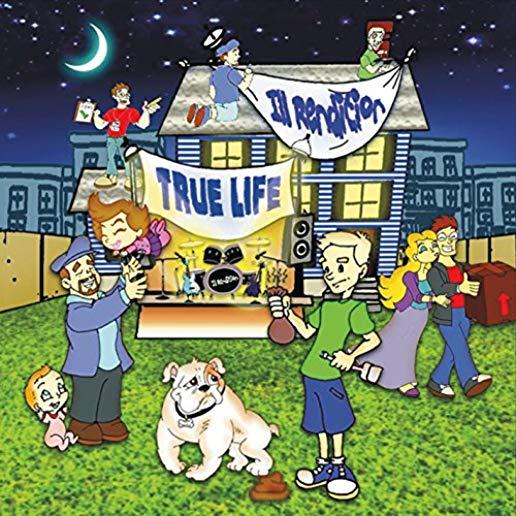
description
7"Magisterial and glorious" (Pittsburgh Post-Gazette), the first full authoritative biography of Dorothy Day--American icon, radical pacifist, Catholic convert, and advocate for the homeless--is "a vivid account of her political and religious development" (Karen Armstrong, The New York Times). After growing up in a conservative middle-class Republican household and working several years as a left-wing journalist, Dorothy Day converted to Catholicism and became an anomaly in American life for the next fifty years. As an orthodox Catholic, political radical, and a rebel who courted controversy, she attracted three generations of admirers. A believer in civil disobedience, Day went to jail several times protesting the nuclear arms race. She was critical of capitalism and US foreign policy, and as skeptical of modern liberalism as political conservatism. Her protests began in 1917, leading to her arrest during the suffrage demonstration outside President Wilson's White House. In 1940 she spoke in Congress against the draft and urged young men not to register. She told audiences in 1962 that the US was as much to blame for the Cuban missile crisis as Cuba and the USSR. She refused to hear any criticism of the pope, though she sparred with American bishops and priests who lived in well-appointed rectories while tolerating racial segregation in their parishes. Dorothy Day is the exceptional biography of a dedicated modern-day pacifist, an outspoken advocate for the poor, and a lifelong anarchist. This definitive and insightful account is "a monumental exploration of the life, legacy, and spirituality of the Catholic activist" (Spirituality & Practice).
member goods
No member items were found under this heading.
Return Policy
All sales are final
Shipping
No special shipping considerations available.
Shipping fees determined at checkout.







